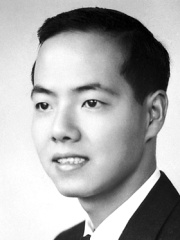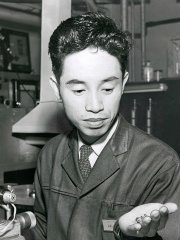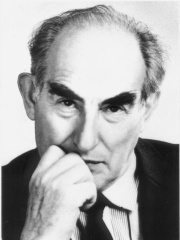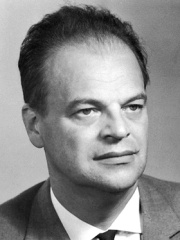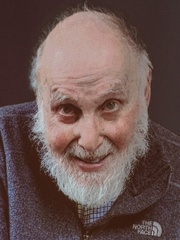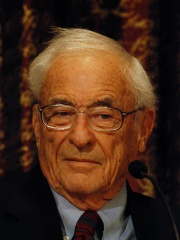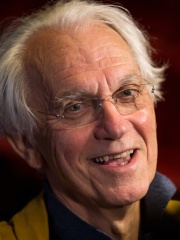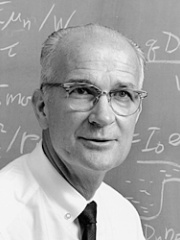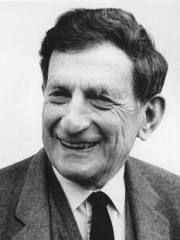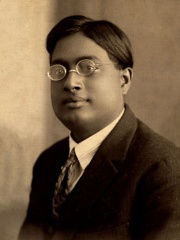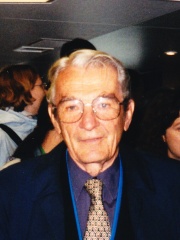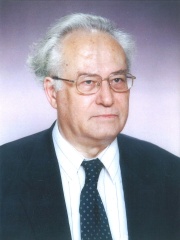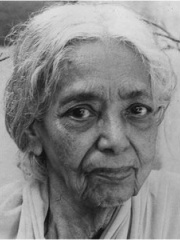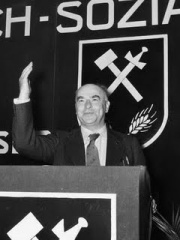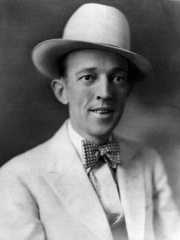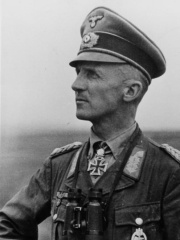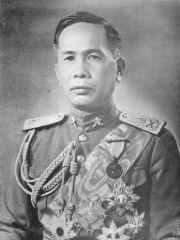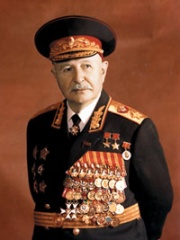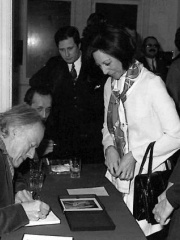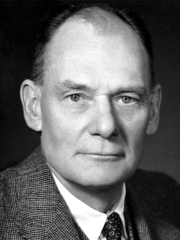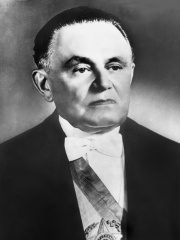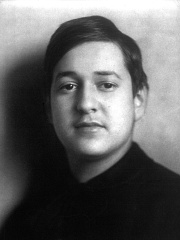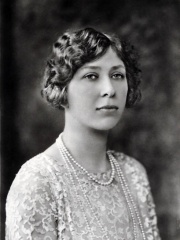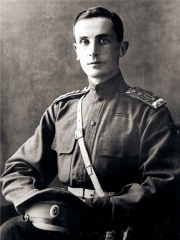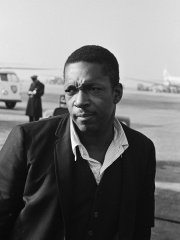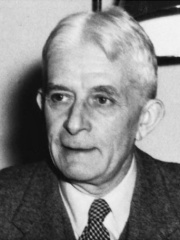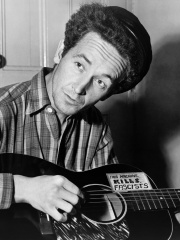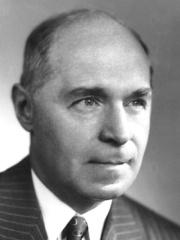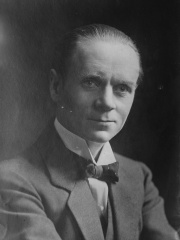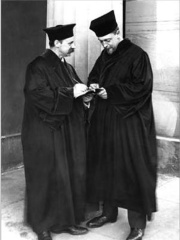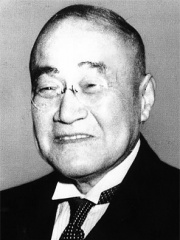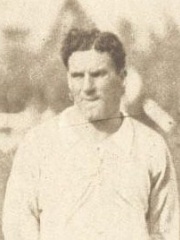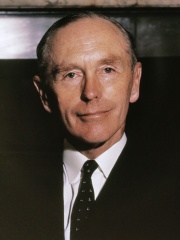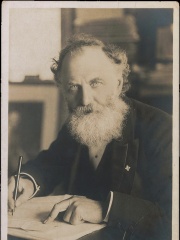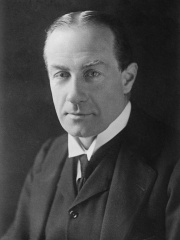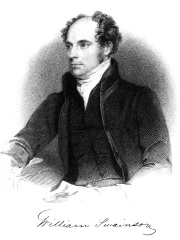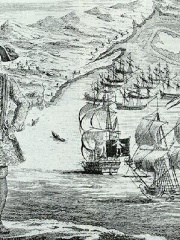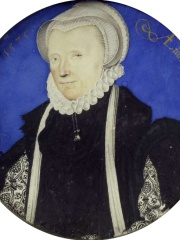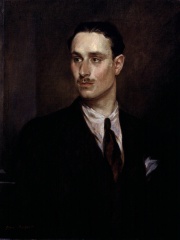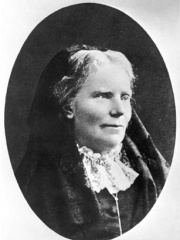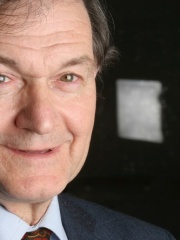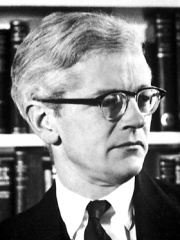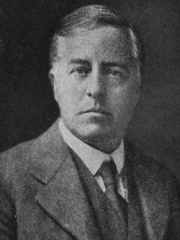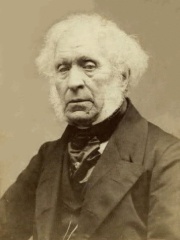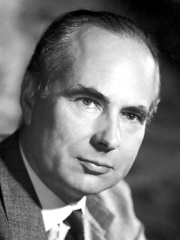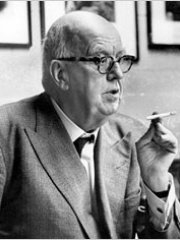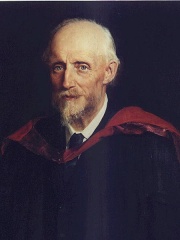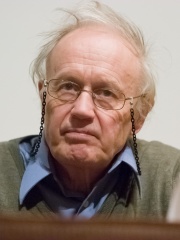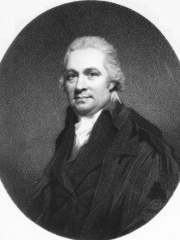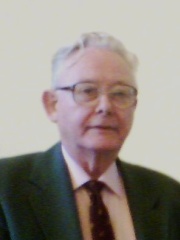Physicist
John Cockcroft
1897 - 1967
EN.WIKIPEDIA PAGE VIEWS (PV)
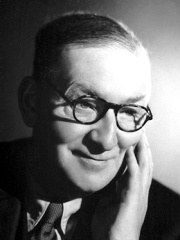
 John Cockcroft
John Cockcroft
His biography is available in 78 different languages on Wikipedia (up from 75 in 2024). John Cockcroft is the 241st most popular physicist (up from 264th in 2024), the 708th most popular biography from United Kingdom (up from 723rd in 2019) and the 31st most popular British Physicist.
John Cockcroft was a British physicist who was awarded the Nobel Prize in Physics in 1951 for his work on splitting the atom. He is also known for his work on the Cockcroft-Walton generator, which was used to generate high voltages for particle accelerators.
Memorability Metrics
Page views of John Cockcroft by language
Among Physicists
Among physicists, John Cockcroft ranks 241 out of 851. Before him are Tsung-Dao Lee, Leo Esaki, Vitaly Ginzburg, Nikolay Basov, Arthur Ashkin, and Willard Boyle. After him are Gérard Mourou, William Shockley, David Bohm, Satyendra Nath Bose, Ivar Giaever, and Ratko Janev.
Most Popular Physicists in Wikipedia
Go to all RankingsTsung-Dao Lee
1926 - 2024
HPI: 70.51
Rank: 235
Leo Esaki
1925 - Present
HPI: 70.47
Rank: 236
Vitaly Ginzburg
1916 - 2009
HPI: 70.47
Rank: 237
Nikolay Basov
1922 - 2001
HPI: 70.38
Rank: 238
Arthur Ashkin
1922 - 2020
HPI: 70.17
Rank: 239
Willard Boyle
1924 - 2011
HPI: 70.09
Rank: 240
John Cockcroft
1897 - 1967
HPI: 70.05
Rank: 241
Gérard Mourou
1944 - Present
HPI: 69.96
Rank: 242
William Shockley
1910 - 1989
HPI: 69.89
Rank: 243
David Bohm
1992 - 1992
HPI: 69.83
Rank: 244
Satyendra Nath Bose
1894 - 1974
HPI: 69.80
Rank: 245
Ivar Giaever
1929 - 2025
HPI: 69.80
Rank: 246
Ratko Janev
1939 - 2019
HPI: 69.79
Rank: 247
Contemporaries
Among people born in 1897, John Cockcroft ranks 42. Before him are Janaki Ammal, Karl Gebhardt, Otto Strasser, Jimmie Rodgers, Hasso von Manteuffel, and Plaek Phibunsongkhram. After him are Ivan Bagramyan, Paul Delvaux, John Franklin Enders, Humberto de Alencar Castelo Branco, Erich Wolfgang Korngold, and Mary, Princess Royal and Countess of Harewood. Among people deceased in 1967, John Cockcroft ranks 36. Before him are Felix Yusupov, John Coltrane, Wolfgang Köhler, Woody Guthrie, Hermann Joseph Muller, and Norman Angell. After him are Ejnar Hertzsprung, Françoise Dorléac, Humberto de Alencar Castelo Branco, Shigeru Yoshida, Henry Morgenthau Jr., and Héctor Scarone.
Others Born in 1897
Go to all RankingsJanaki Ammal
BIOLOGIST
1897 - 1984
HPI: 70.66
Rank: 36
Karl Gebhardt
MAFIOSO
1897 - 1948
HPI: 70.39
Rank: 37
Otto Strasser
POLITICIAN
1897 - 1974
HPI: 70.38
Rank: 38
Jimmie Rodgers
SINGER
1897 - 1933
HPI: 70.25
Rank: 39
Hasso von Manteuffel
MILITARY PERSONNEL
1897 - 1978
HPI: 70.23
Rank: 40
Plaek Phibunsongkhram
POLITICIAN
1897 - 1964
HPI: 70.15
Rank: 41
John Cockcroft
PHYSICIST
1897 - 1967
HPI: 70.05
Rank: 42
Ivan Bagramyan
MILITARY PERSONNEL
1897 - 1982
HPI: 69.95
Rank: 43
Paul Delvaux
PAINTER
1897 - 1994
HPI: 69.65
Rank: 44
John Franklin Enders
BIOLOGIST
1897 - 1985
HPI: 69.41
Rank: 45
Humberto de Alencar Castelo Branco
POLITICIAN
1897 - 1967
HPI: 69.35
Rank: 46
Erich Wolfgang Korngold
COMPOSER
1897 - 1957
HPI: 69.27
Rank: 47
Mary, Princess Royal and Countess of Harewood
COMPANION
1897 - 1965
HPI: 68.51
Rank: 48
Others Deceased in 1967
Go to all RankingsFelix Yusupov
POLITICIAN
1887 - 1967
HPI: 71.51
Rank: 30
John Coltrane
MUSICIAN
1926 - 1967
HPI: 71.01
Rank: 31
Wolfgang Köhler
PSYCHOLOGIST
1887 - 1967
HPI: 70.89
Rank: 32
Woody Guthrie
MUSICIAN
1912 - 1967
HPI: 70.19
Rank: 33
Hermann Joseph Muller
BIOLOGIST
1890 - 1967
HPI: 70.15
Rank: 34
Norman Angell
POLITICIAN
1872 - 1967
HPI: 70.11
Rank: 35
John Cockcroft
PHYSICIST
1897 - 1967
HPI: 70.05
Rank: 36
Ejnar Hertzsprung
ASTRONOMER
1873 - 1967
HPI: 69.98
Rank: 37
Françoise Dorléac
ACTOR
1942 - 1967
HPI: 69.48
Rank: 38
Humberto de Alencar Castelo Branco
POLITICIAN
1897 - 1967
HPI: 69.35
Rank: 39
Shigeru Yoshida
POLITICIAN
1878 - 1967
HPI: 69.35
Rank: 40
Henry Morgenthau Jr.
POLITICIAN
1891 - 1967
HPI: 69.32
Rank: 41
Héctor Scarone
SOCCER PLAYER
1898 - 1967
HPI: 69.23
Rank: 42
In United Kingdom
Among people born in United Kingdom, John Cockcroft ranks 708 out of NaN. Before him are Joan Collins (1933), Alec Douglas-Home (1903), W. T. Stead (1849), Stanley Baldwin (1867), Kenneth Branagh (1960), and William John Swainson (1789). After him are Bartholomew Roberts (1682), Colin Bell (1946), Margaret Douglas (1515), Tony Iommi (1948), Oswald Mosley (1896), and Elizabeth Blackwell (1821).
Others born in United Kingdom
Go to all RankingsJoan Collins
ACTOR
1933 - Present
HPI: 70.10
Rank: 702
Alec Douglas-Home
POLITICIAN
1903 - 1995
HPI: 70.09
Rank: 703
W. T. Stead
JOURNALIST
1849 - 1912
HPI: 70.09
Rank: 704
Stanley Baldwin
POLITICIAN
1867 - 1947
HPI: 70.07
Rank: 705
Kenneth Branagh
ACTOR
1960 - Present
HPI: 70.06
Rank: 706
William John Swainson
BIOLOGIST
1789 - 1855
HPI: 70.05
Rank: 707
John Cockcroft
PHYSICIST
1897 - 1967
HPI: 70.05
Rank: 708
Bartholomew Roberts
PIRATE
1682 - 1722
HPI: 70.05
Rank: 709
Colin Bell
SOCCER PLAYER
1946 - 2021
HPI: 70.04
Rank: 710
Margaret Douglas
POLITICIAN
1515 - 1578
HPI: 70.04
Rank: 711
Tony Iommi
MUSICIAN
1948 - Present
HPI: 70.04
Rank: 712
Oswald Mosley
POLITICIAN
1896 - 1980
HPI: 70.03
Rank: 713
Elizabeth Blackwell
PHYSICIAN
1821 - 1910
HPI: 70.03
Rank: 714
Among Physicists In United Kingdom
Among physicists born in United Kingdom, John Cockcroft ranks 31. Before him are Roger Penrose (1931), Henry Moseley (1887), John Kendrew (1917), James Jeans (1877), David Brewster (1781), and Andrew Huxley (1917). After him are William Shockley (1910), C. P. Snow (1905), Osborne Reynolds (1842), Anthony James Leggett (1938), Daniel Rutherford (1749), and Peter Mansfield (1933).
Roger Penrose
1931 - Present
HPI: 74.08
Rank: 25
Henry Moseley
1887 - 1915
HPI: 73.72
Rank: 26
John Kendrew
1917 - 1997
HPI: 73.65
Rank: 27
James Jeans
1877 - 1946
HPI: 72.73
Rank: 28
David Brewster
1781 - 1868
HPI: 71.78
Rank: 29
Andrew Huxley
1917 - 2012
HPI: 71.01
Rank: 30
John Cockcroft
1897 - 1967
HPI: 70.05
Rank: 31
William Shockley
1910 - 1989
HPI: 69.89
Rank: 32
C. P. Snow
1905 - 1980
HPI: 69.73
Rank: 33
Osborne Reynolds
1842 - 1912
HPI: 69.26
Rank: 34
Anthony James Leggett
1938 - Present
HPI: 69.13
Rank: 35
Daniel Rutherford
1749 - 1819
HPI: 68.70
Rank: 36
Peter Mansfield
1933 - 2017
HPI: 68.29
Rank: 37
